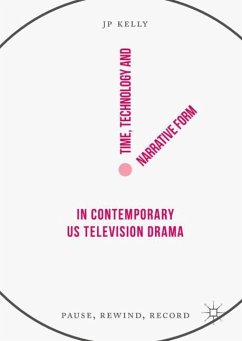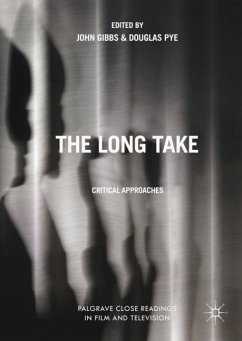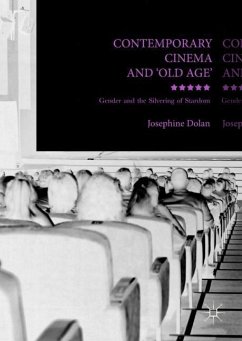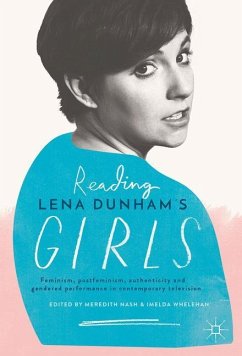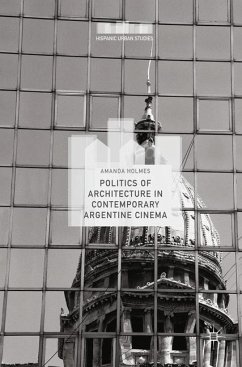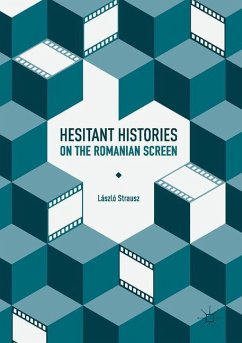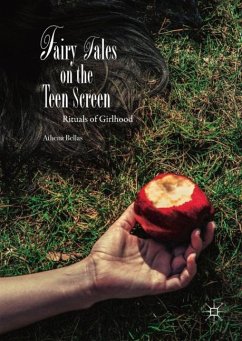
Social Class and Television Drama in Contemporary Britain
Versandkostenfrei!
Versandfertig in 6-10 Tagen
113,99 €
inkl. MwSt.

PAYBACK Punkte
57 °P sammeln!
This collection is a wide-ranging exploration of contemporary British television drama and its representations of social class. Through early studio-set plays, soap operas and period drama, the volume demonstrates how class provides a bridge across multiple genres and traditions of television drama. The authors trace this thematic emphasis into the present day, offering fascinating new insights into the national conversation around class and identity in Britain today. The chapters engage with a range of topics including authorial explorations of Stephen Poliakoff and Jimmy McGovern, case studi...
This collection is a wide-ranging exploration of contemporary British television drama and its representations of social class. Through early studio-set plays, soap operas and period drama, the volume demonstrates how class provides a bridge across multiple genres and traditions of television drama. The authors trace this thematic emphasis into the present day, offering fascinating new insights into the national conversation around class and identity in Britain today. The chapters engage with a range of topics including authorial explorations of Stephen Poliakoff and Jimmy McGovern, case studies of television performers Maxine Peake and Jimmy Nail, and discussions of the sitcom genre and animation form. This book offers new perspectives on popular British television shows such as Goodnight Sweetheart and Footballers' Wives, and analysis of more recent series such as Peaky Blinders and This is England.




